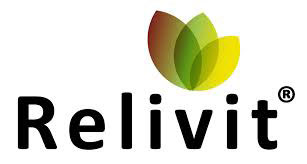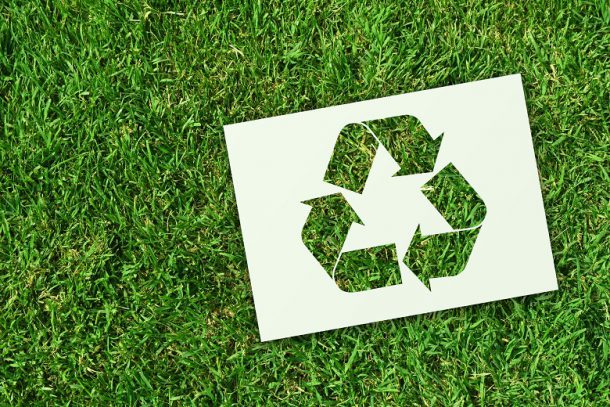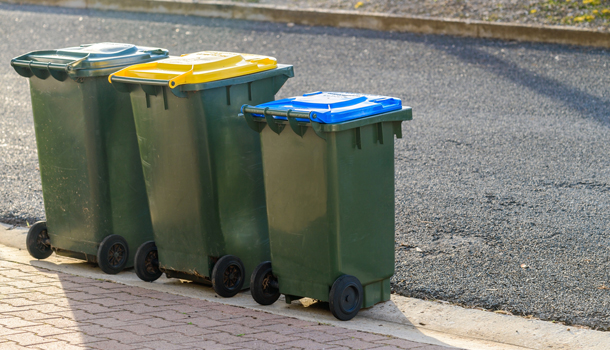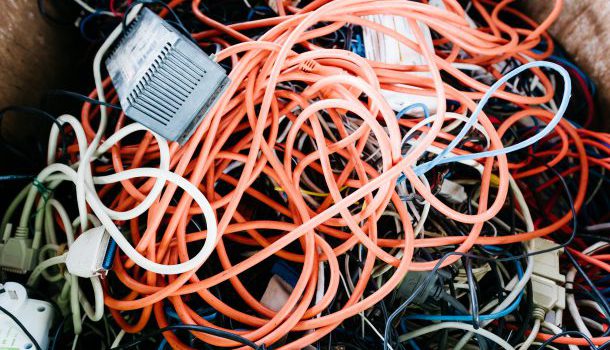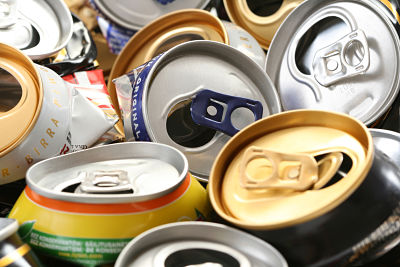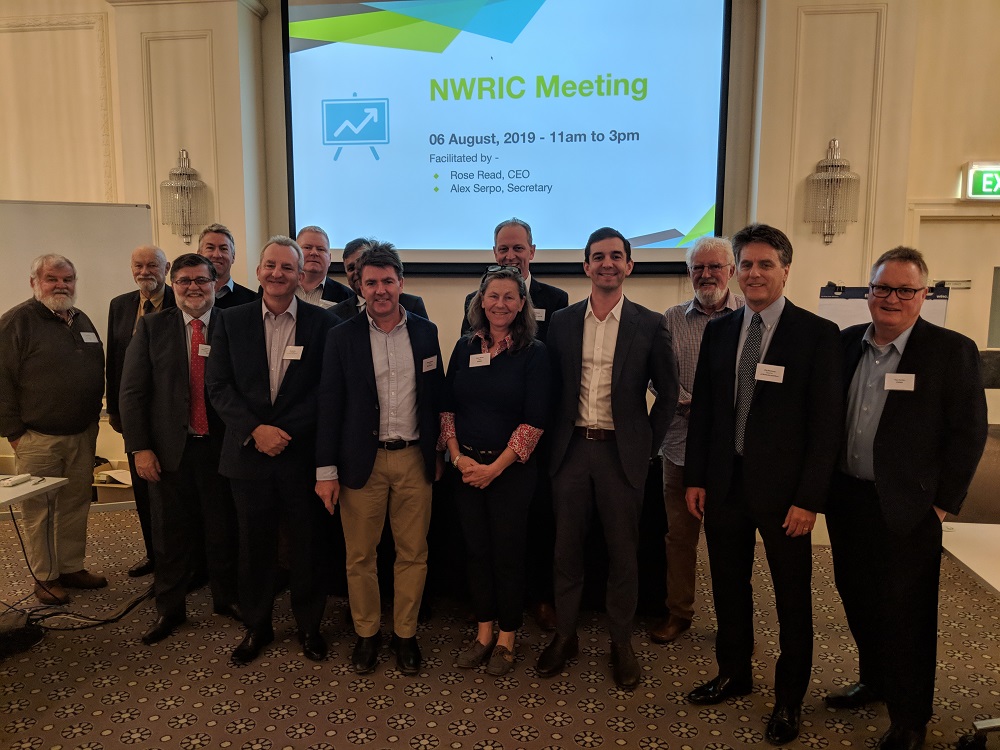
Ministers met with the waste and recycling industry this week in Melbourne to discuss solving recycling challenges, developing markets for recycled materials, new infrastructure capacity, and how waste levies should be managed and reinvested into the sector.
Engaging with industry at the event were Lily D’Ambrosio, Victorian Minister for Energy, Environment and Climate Change and Trevor Evans, Federal Assistant Minister Waste Reduction and Environment Management.
They met with the National Waste Recycling Industry Council (NWRIC) members and affiliated representatives from states and territory associations.
“With recycling services under threat in Victoria, growing stockpiles across the country, exemptions revoked for the recovery of organics from mixed waste in NSW, now has never been a more important time for industry and government to work closely together,” said Phil Richards, NWRIC chairman.
Topics of discussion included the critical importance of long term infrastructure planning coordinated across all levels of government, as well as consistent, regular community education campaigns to rebuild community confidence in recycling.
It was suggested local procurement of recycled materials and setting appropriate recycled content levels for packaging plus civil construction could revitalise domestic recycling.
Further, industry believe regulated product stewardship schemes are necessary to make recycling more accessible to communities, reduce contamination and ensure higher recovery rates.
Fuel manufacture and energy recovery projects were also discussed, with industry ready to deliver these projects that recover embodied energy from unrecyclable materials, reduce greenhouse emissions and extend the life of landfills.
An important matter considered was the role of waste levies in addressing the current challenges facing the sector. This included the need for states, territories and the federal government to develop a national levy pricing strategy through the Council of Australian Governments.
This pricing strategy could prevent the inappropriate disposal and movement of waste, stop levy avoidance activities, and ensure the resource recovery industry is viable and competitive.
Essential to advancing industry is removing inconsistencies between states and territories on what waste is levied, where the liability for the waste levy sits (called ‘portability’), how far waste can be moved (called ‘proximity’) and how the levy is administered through a mutually agreed Waste Levy Protocol.
The NWRIC also called for all state governments to be more transparent and accountable for the total amount of levies collected annually, what proportion of the levies are invested back into the waste and recycling sector, and what outcomes are achieved.
Image: The NWRIC (from left to right) – Peter Wadewitz (WRISA), Harry Wilson (Wilson Waste), Franks Sufferini (Cleanaway), Robert Richards (Solo Resource Recovery), Rod Bonnette (Sims Metal Management), Richard McAree (WRINT), Vik Bansal ( Cleanaway), Simon Brown (ResourceCo), Mark Venhoek (SUEZ ANZ), Rose Read, (NWRIC), Trevor Evans, (Mike Harper (Waste Stream Management), Phil Richards (JJ Richards and Sons), and Paul Smith (KS Environmental).
Comment below to have your say on this story.
If you have a news story or tip-off, get in touch at info@3.106.117.80.
Sign up to INCLEAN’s newsletter.
